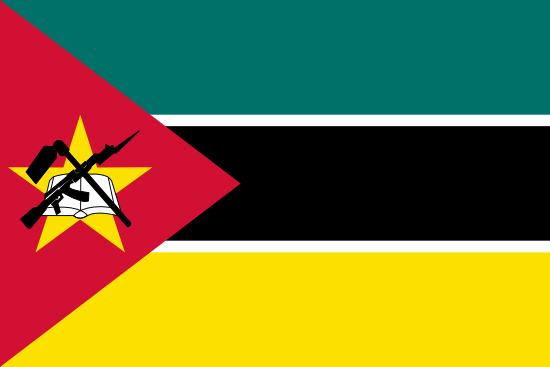Nigeria Ecological Problems
Country overview
With around 196 million residents, Nigeria makes up almost half of the West African population and is considered to be the most populous country in Africa. The country, traversed by the Niger and Benue rivers, is characterized by a varied natural landscape: mangrove swamps, tropical rainforest, hilly plateaus, dry savannah and semi-desert.
Ecological problems
Soil contamination, water and air pollution in the Niger Delta
Oil and gas have been produced in the Niger Delta since 1958. The massive environmental pollution and destruction of living space cost thousands of people their lives, despite mass protests from the ethnic groups living there. The destruction of the environment and the habitat in the Niger Delta as a result of the oil production are presented in detail in a report by Amnesty International.
According to areacodesexplorer, Nigeria’s environmental problems are most serious in the Niger Delta, where oil and gas are extracted. The destruction of arable land and mangrove forests, the contamination of fish-rich waters and the increasing air pollution are directly related to the uncontrolled natural gas and oil production – such as the flaring of natural gas, the spillage of oil and poor maintenance of the pipelines. Although the environmentally harmful effects are known, the devastating practice of flaring could not be completely stopped even after more than 40 years. The pictures by Ed Kashi in National Geographic and by Robin Hinsch show how fatal the pollution isin “The Guardian”. The full extent of the oil spill in the Niger Delta is illustrated by short videos. At the request of the Nigerian government, the United Nations Environment Program (UNEP) carried out an independent analysis of the oil pollution in Ogoniland and the Niger Delta. The UNEP came to the conclusion that decontamination of the Niger Delta was urgently needed. In addition to the blatant pollution of the landscape, 90% of the groundwater is contaminated by petroleum. In 2018, the Nigerian government finally began clean-up operations in the Niger Delta, which can take up to 25 years to clear the landscape of the worst pollution.
To this day, the big oil companies hardly take responsibility for the pollution they cause. The lawsuit filed by five Nigerian farmers who held the British-Dutch company Shell responsible for the contamination of their villages in the Niger Delta with oil in a Dutch court was rejected in January 2013.
In June 2014, however, a British court found the Shell oil company responsible for one of the largest oil disasters in the Niger Delta for the first time and sentenced it to pay millions in damages. In January 2015, the oil company reached an out-of-court settlement with around 15,600 plaintiffs, fishermen and farmers from Bodo in the Niger Delta, on compensation payments totaling 55 million pounds (70 million euros).
In June 2017, four “Ogoni” widows from the Niger Delta filed another lawsuit against Shell in the Netherlands. In the 1990’s, the Ogoni had fought against the pollution of their living space by oil production. The protest was bloodily suppressed by dictator Sani Abacha. In the indictment, Shell is accused of complicity in the November 1995 murder of the four men.
According to a report by Amnesty International (published December 2017), Shell also supported the military government of Sani Abacha (1993-1998) in the 1990’s in brutally cracking down protests against the pollution of the Niger Delta. In the report, Amnesty International concluded – on the basis of thousands of internal documents, testimony and archival material – that Shell played a key role in suppressing the protests in Ogoni Land.
Desertification and drought in the north
Desertification threatens the livelihoods of millions of people in the northern states. The cause can be traced back to climate change, which is responsible for the increased drying up of Lake Chad and the agricultural areas.
Since 2003, the Nigerian government has issued guidelines and an action plan for environmental and climate protection. The fight against desertification is given special priority.
Soil erosion and waste problems in the south
The spread of soil erosion in the south-east of the country as a result of climate change is seen as a further ecological threat to people and their habitats. In many large cities in the south, the health of residents is exposed to considerable dangers due to the unreflective handling of waste disposal, especially illegal electronic waste from the industrialized countries of the west. Every year, tons of used devices from Europe, the USA and Australia arrive in Lagos, which either end up in the second-hand goods markets or are cannibalized under conditions that are environmentally and health- threatening.



